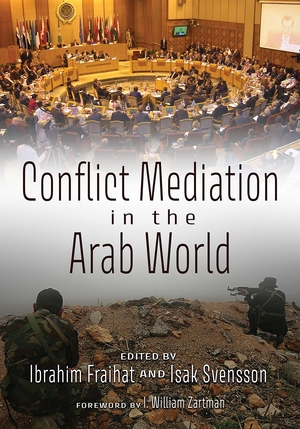"Valuable for a theoretical understanding of the complex world of conflict resolution and for providing balanced analysis of the Palestinian-Israeli conflict/peace process."—Review of Middle East Studies
"This is a very important, engrossing work for professionals and lay readers interested in how international diplomacy works behind the scenes. Highly recommended."—Choice
"In a remarkably objective manner, the author analyzes what is, in today’s media frenzy of coverage of public diplomacy, probably the most accurate account of what has actually transpired between Israeli officials and designees and their Palestinian counterparts over a negotiated settlement of conflicted issues."—Association of Jewish Libraries Reviews
"Wanis-St. John has opened an important line of inquiry with his focus on back channel negotiating. I appreciate the care with which he assembled the case study and pulled together a wide array of accounts into one detailed narrative, adding admirably to our understanding."—Eileen F. Babbitt, Negotiation Journal
"Represents a decade-long devotion to scholarship, using government documents and interviews with key negotiators."—Communication Research Trends
Description
Wanis-St. John takes on the question of whether the complex and often perilous, secret negotiations between mediating parties prove to be an instrumental path to reconciliation or rather one that disrupts the process. Using the Palestinian-Israeli peace process as a framework, the author focuses on the uses and misuses of “back channel” negotiations. Wanis-St. John discusses how top level PLO and Israeli government officials often resorted to secret negotiation channels even when they had designated, acknowledged negotiation teams already at work. Intense scrutiny of the media, pressure from constituents, and the public’s reaction, all become severe constraints to the process, causing leaders to seek out back channel negotiations. The impact of these secret talks on the peace process over time has largely been unexplored. Through interviews with major negotiators and policymakers on both sides and a detailed history of the conflict, the author analyzes the functions and consequences of back channel negotiations. Wanis-St. John reveals the painful irony that these methods for peacemaking have had the unintended effect of inflaming the conflict and sustaining its intractability.
About the Author
Anthony Wanis-St. John is assistant professor at American University in Washington, D.C. He is an advisor to the United States Institute of Peace and has consulted with the World Bank. He has facilitated several workshops for Palestinian and Israeli official negotiation staff and advisors.
January 2017




